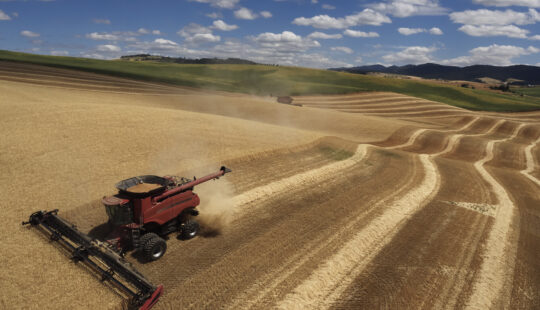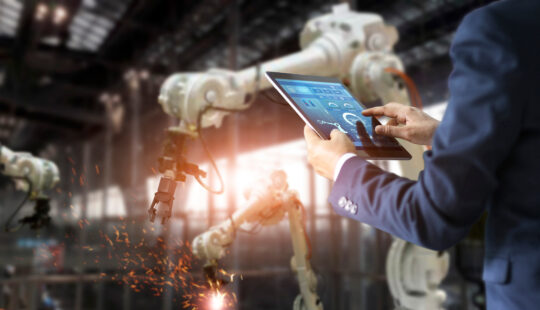My first job was as the gymnastics coach. Your first job sticks with you, or at least mine did. It teaches you life lessons like time management, commitment, worth ethic, and money management.
What was your first job? Did you deliver? Newspapers? Babysit? mow lawns? Or work at the shops?
While I remember the smiling faces of the kids I got to work with, I also remember the frustration. Filling out a paper timesheet so I got paid on time, reviewing my schedule on a whiteboard, and picking up a physical check. These paper-based tasks led to inefficiencies, and I knew there must be a better way.
Bringing us back to 2021, we’ve certainly come a long way. Hopefully, your timesheets are automated, your scheduling is digitised, and – do checks even exist in Australia anymore? Our smartphones, watches, voice assistants, computers, and myriad of devices ensure that our daily lives and movements are tracked. Recommendations for being more efficient are made at each moment. We’re now able to operate at a different pace.
With these advancements in technology, the ways that we work have evolved, and in a lot of ways, we could say that the future of work is already here. We’re humans and we’re constantly looking at what’s going to happen next, and that’s where the future of work truly comes in.
At SAP, we know that the way you work is constantly changing which is why we’re consistently looking at what the future of work means. Laptops outsold desktops for the first time in 2005, in 2015 SAP launched S/4HANA, and in 2020 virtual conferencing finally became more popular than traveling.
But as we shift beyond the now – what does our future hold?
First, we see people and computers working together with human computer augmentation. We’re putting resources into your hands for how to make better, smarter, faster decisions. No longer do you have to wait days for the reports that you need to find out the information about how your business is running.
The information you need to make real-time decisions for your business and keep you moving at scale is ready now. And nothing was more evident than when we had to transition an entire organisation from working in offices to working at home. Your teams are now made up of two things human intelligence and artificial intelligence. These AI-Powered Superteams allow everyone to take the best role possible.
Transforming How We Work
Next, we see a transformation in where we work and whom we work for. People resources continue to be scarce, and we see a drive away from the traditional 9 to 5. The shift towards project-based hiring requires new approaches. We need to shift from billing for people in seats to delivering on organisational outcomes. Similarly, in COVID-19 we saw a massive flight out of cities. People are looking for business to move with them. This opens opportunities to connect people beyond geographies. This Jobful Future creates a collaborative structure where each contributor is equally valued, and each person feels deeply connected to solving the problem brought about.
Traditionally, we talk about diversity as having different genders, country of origin, age or identity. This leads to counting up differences, now our goal is to create work environments so people can Inclusively Belong. Beyond a simple checklist, inclusivity means we are acting to learn from the experiences that our differences harness.
In 2020 SAP Insights surveyed a cross sectional group of people and found that 1 in 5 identify as “A Passionate”. The Passionates care not only about what businesses are providing but how they provide it. Across all topic areas, The Passionates require businesses to take meaningful action, and they are vocal about the change they want to see. As these groups enter boardrooms, they mandate social action, and businesses that don’t anticipate this change will be left behind. Inclusivity is paramount for any organisation in the future.
Finally, the biggest change we will feel in the shortest amount of time is how we react to recovering the 114 million jobs lost during the COVID-19 pandemic. These are some of the most conservative numbers for what 2020 looked like. For so many people this disruption was pervasive, many of these roles will revive like hospitality, entertainment, and transportation.
But in other industries will build back digital. The jobs that exist in the years to follow COVID-19 are ripe to be dramatically different than what we see today. There are new roles for people to connect networks, become the manager of our AI teammates, move outside a major city, and bridge the gap between a physical and digital world.
Organisations need to prepare to upskill staff, support new types of workers, create different ways of connecting to work, and realise the power of AI to adapt to the Future of Work.
Check out Effect coming to a city near you across Australia and New Zealand to find out more about how SAP is creating the Future of Work.
This blog originally appeared on Linkedin.



